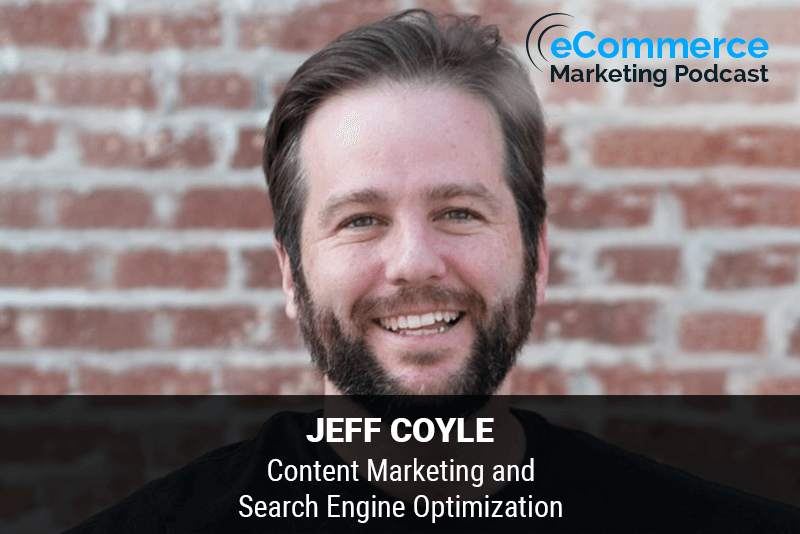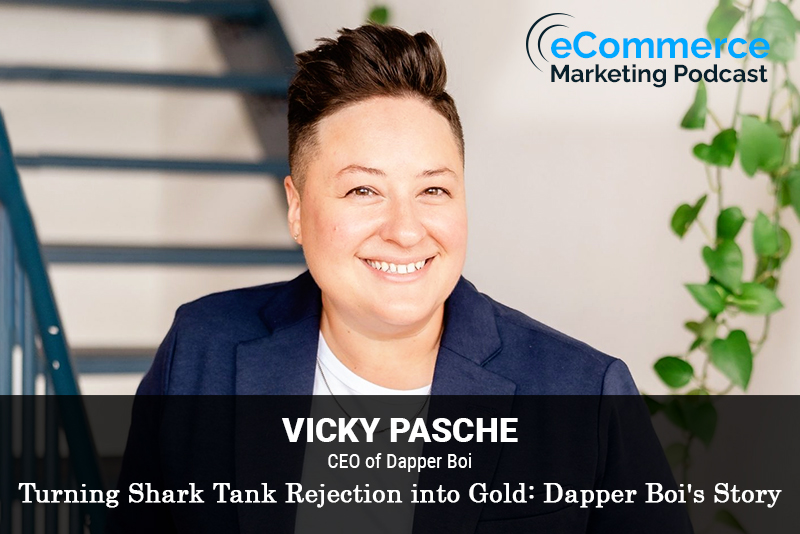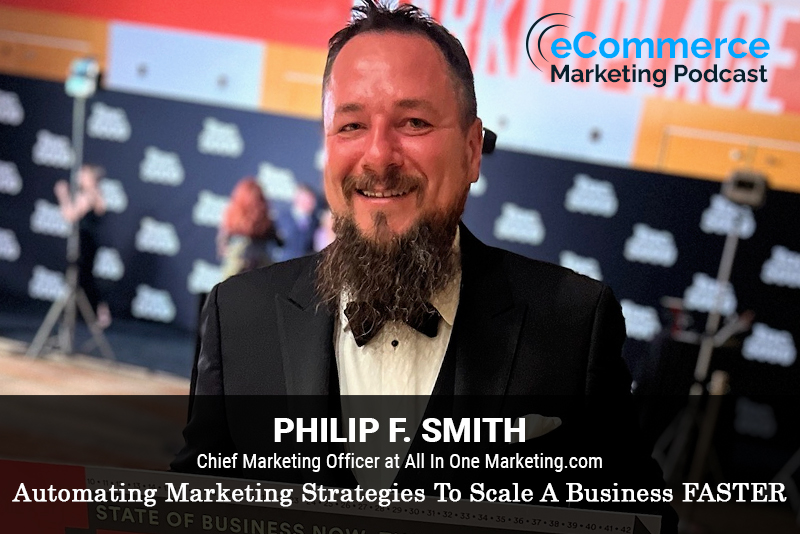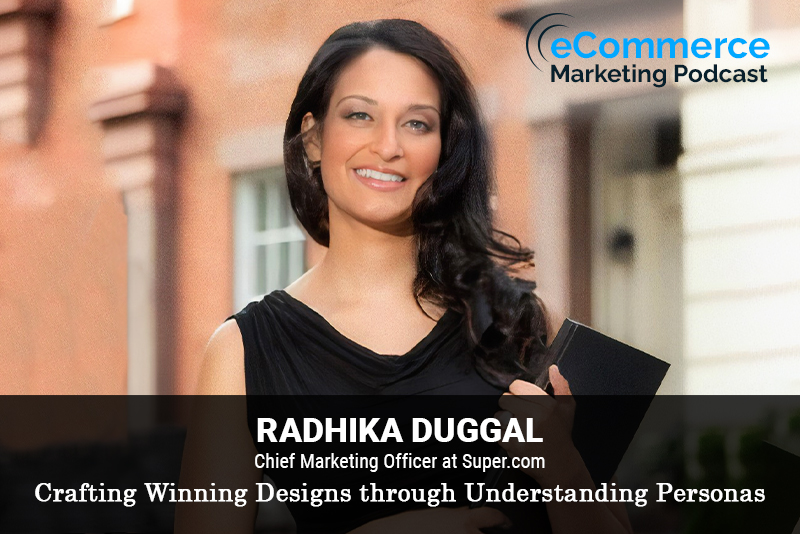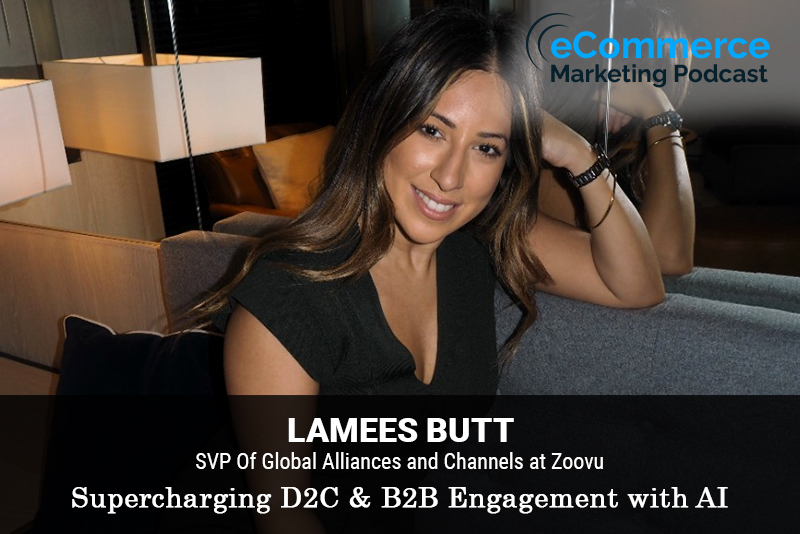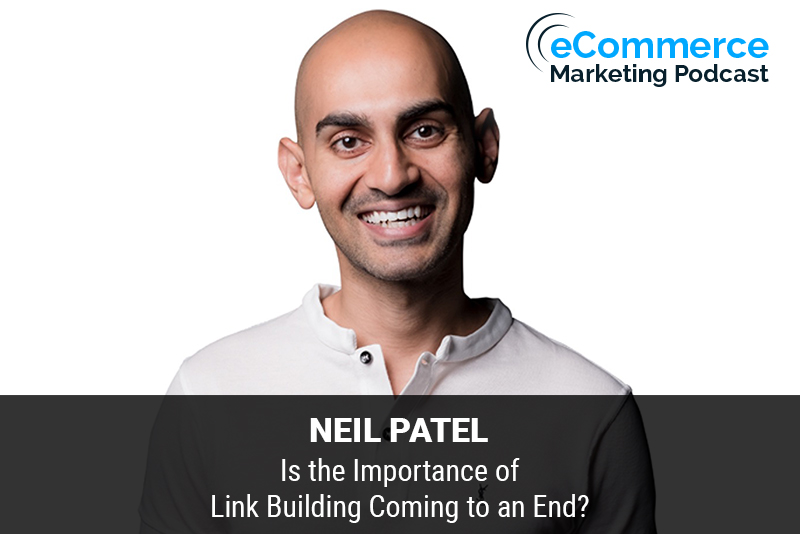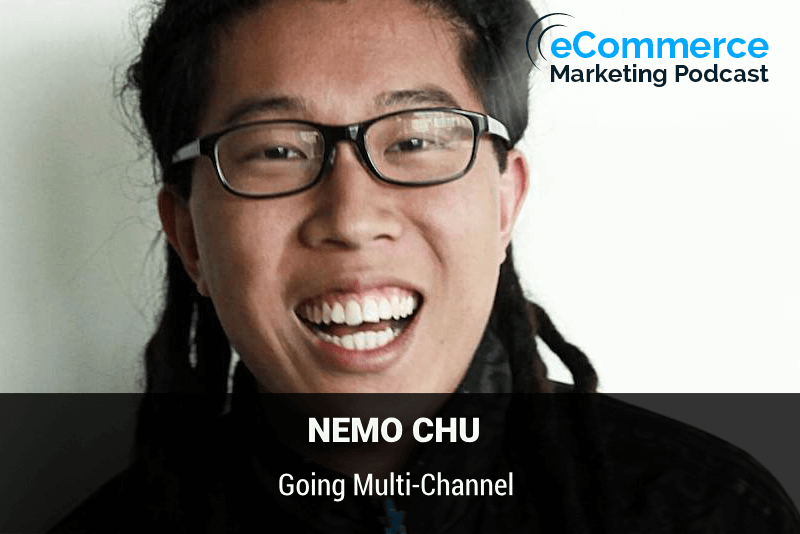
The eCommerce Marketing Podcast walks you through everything that goes into ecommerce marketing — from inbound marketing to paid advertising to conversions. Learn the strategies top marketing experts use to grow their businesses.
Marketing Strategies Revealed in this Episode:
- What is content marketing
- How is traditional marketing different from content marketing?
- The various uses of content marketing
- What is an ideal content marketing strategy

Episode Title: Building Topical Authority and Improving Content Quality with Jeff Coyle
Host: Arlen Robinson
Guest: Jeff Coyle, Co-founder and Chief Product Officer for MarketMuse
Summary: In this episode of the Ecommerce Marketing Podcast, Arlen Robinson interviews Jeff Coyle, a search engine marketing executive with over 20 years of experience. Jeff discusses the importance of content marketing, strategies for building topical authority, and improving content quality. He also shares insights on how businesses can turn semantic research into actionable insights to enhance their content marketing efforts.
Key Takeaways:
- Introduction and Background [00:00]
- Jeff’s background in computer science and his journey from Knowledge Storm to TechTarget.
- Founding MarketMuse to help content marketers build topical authority and improve content quality.
- Content Marketing for E-commerce [07:00]
- Importance of understanding the buyer’s journey and creating content that addresses all stages.
- Developing content that resonates with the audience and provides unique, differentiated value.
- Building Topical Authority [14:00]
- Moving beyond product descriptions to cover broader topics related to the buyer’s journey.
- Becoming an expert and thought leader in your niche to create a community around your brand.
- Evaluating Content Quality [21:00]
- The significance of comprehensiveness and exhibiting subject matter expertise in content.
- Using citations and inbound links to reinforce content quality and authority.
- Content Distribution Channels [27:00]
- Utilizing paid campaigns to gather data and identify effective content distribution channels.
- Ensuring a unique and valuable experience across all channels, including Amazon and Walmart.
- Avoiding Common Pitfalls [34:00]
- The dangers of trying to manipulate off-page factors and the importance of genuine business development.
- Ensuring the advice received is relevant to your specific business model and objectives.
- Actionable Advice [40:00]
- Regularly tuning up your content and understanding what topics you cover and where your expertise lies.
- Avoiding the temptation to manipulate search engine rankings and focusing on authentic growth strategies.
Guest Info:
- Name: Jeff Coyle
- Position: Co-founder and Chief Product Officer for MarketMuse
- Email: [email protected]
- Twitter: @Jeffrey_Coyle
- LinkedIn: Jeff Coyle on LinkedIn
- Website: MarketMuse
For more insights and to connect with Jeff Coyle, visit MarketMuse.

